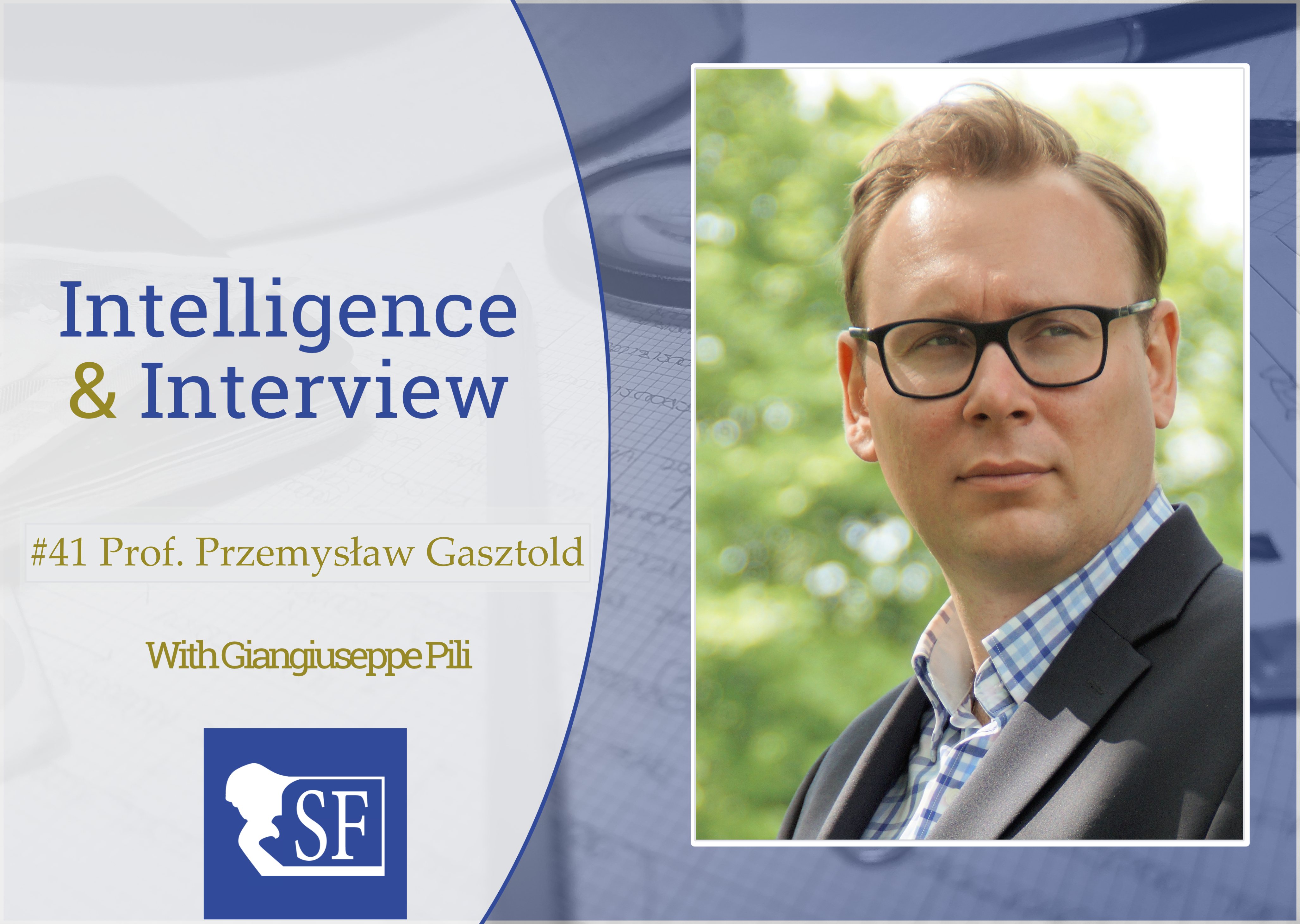
Discover Intelligence & Interview and Subscribe to the Newsletter!
For the first time in the series, we present extensively the history and present of an Eastern-European country, which was part of the Warsaw pact during the Cold War. True, we already invited experts from other countries, part of the USSR (Ukraine, specifically). We covered the Russian and USSR’s intelligence extensively in another interview. But it is the first time we explore the secret services of a country that underwent crucial restructuring and reforms passing from being independent, then inside the Warsaw Pact, and then the European Union and NATO. It is then with a particular interest and pleasure to cover the Polish intelligence history, experience, and present. This is a great opportunity for discovering more about other perspectives and structures, which are now part of the European Union and NATO. Considering French intelligence services, Italian security services, Greece’s experience, Belgian or Dutch intelligence, the readers will see already how densely diversified and unique each country is when intelligence is concerned. With Poland’s intelligence and security services, we add another crucial piece into the complex puzzle, which is intelligence history and European “ways to intelligence.” Indeed, as we shall discover through this very deep and insightful interview, Poland’s history was as complex as few others in the European landscape. Starting from the beginning of the Polish state, professor Przemysław Gasztold covers all the main steps and evolution of the Polish secret services. As the readers will discover, this is a fascinating journey through the history of a crucial country whose history shows an impressive and unrivaled resilience. I can only be grateful to professor Gasztold for sharing with us his deep knowledge of Polish intelligence. It is then with my distinct pleasure to publish the interview on Scuola Filosofica – for those who don’t know it yet; it is one of the leading cultural blogs in Italy. In the name of Scuola Filosofica Team, our readers, and myself, Giangiuseppe Pili, Przemysław: thank you!
1# Professor Przemysław Gasztold, let’s start from the basics. How would you like to present yourself to the International readers and Philosophical School (Scuola Filosofica)?
Since the beginning of my university studies I was fascinated by the Polish history during the Cold War, with a particular emphasis on the communist movement and its security apparatus. I have written my MA thesis on the “Grunwald” Patriotic Union – a political association active in the 80s, which mixed communism with nationalism and anti-Semitism. My PhD thesis addressed the hardline communists within the Polish United Workers’ Party in the 80s and their struggle for power within the high echelons of the ruling regime. My next project embraces the Polish sympathizers of Maoism who in 1965 established an illegal party and were supported by Albanian and Chinese diplomats. Simultaneously, I’m working on a project about the Polish ties to the Global South (1955-1989), which would identify the role Warsaw in the developing world in a broader framework of the Soviet Bloc ideological agenda. I’m also conducting research on various aspects of Polish intelligence and counter-intelligence services, for example their secret ties with international terrorism during the Cold War. The new findings about the Soviet bloc clandestine relationships with terrorist organizations have recently been published in two volumes: Terrorism in the Cold War. State Support in Eastern Europe and the Soviet Sphere of Influence and Terrorism in the Cold War. State Support in the West, Middle East and Latin America (edited by A. Hanni, T. Riegler, P. Gasztold, I.B. Tauris/Bloomsbury Publishing, London-New York 2020). Currently, I’m working as an Assistant Professor at the War Studies University in Warsaw, the Department of Security Threats, and as a senior research fellow at the Institute of National Remembrance – an institution responsible for research and archival maintenance of the communist intelligence records. Additionally, I’m an editor at “Security & Defence Quarterly” and a member of the editorial board at the “National Security and the Future”.

